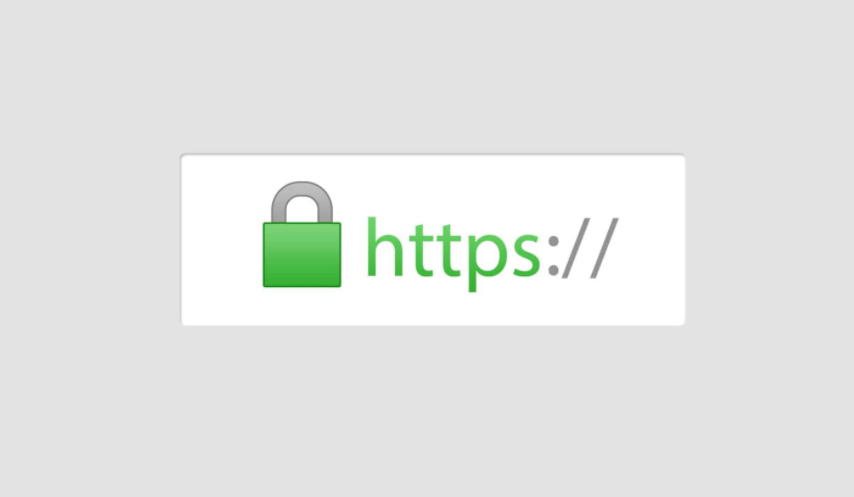The foundation of your digital footprint is your website. It’s probably the primary line of interaction between your branding and the market you’re aiming to target, be it for your company, a personal showcase, or a hobby weblog. In every sector, a well-designed website will draw and retain clients.
With an expanding number of businesspeople relying on online assets such as websites and social media accounts to promote their firms, security is becoming more of a worry at all levels.
Your company, like your clients, is essential to you, so you must take the proper precautions to secure your safety.
Maintain Up-To-Date Software and Plugins
Thousands of websites are harmed every day because ofan out-of-date software. It is like you leave your front door open for uninvited “guests”. Websites are being scanned for cyber attackers and bots to attack.

That is why, your website’s stability and safety are dependent on regular upgrades. It’s been already known that an outdated website cannot stand against cyberattacks. Your website is not secure anymore if the software or programs are outdated. Take all requests for software and plugin updates very carefully, otherwise your data and information will become vulnerable and could be easily hacked. Keep an eye on those updates and make sure you do not miss any.
Security improvements and vulnerability fixes are frequently included in updates. Look for those updates on your website or install a plugin that will notify you when they are available. Auto-updates are another solution for ensuring website security on some networks.
Make Use ofAn SSL (Secure Sockets Layer) Certificate
One of the easiest things you can do to keep your website safe and clean is to install SSL certificates.They are beneficial for your website’s security and are relatively simple to install. Briefly explained, an SSL certificate provides a secure link between your website and the internet when delivering data by encrypting it. You can recognize it from the “s” in “https”. If your website starts only with “http”, then you should hurry up and achieve an SSL certificate.
Instead of sending and receiving data in “plain text,” an SSL certification encrypts it between your website and the visitors. Therefore, if your website’s data falls into the wrong hands due to a hacking effort, it won’t be as lucrative because it’ll be a jumbled mess of encoded characters.
SSLcertificates are widely used on e-commerce sites that transmit confidential transaction information on the web. However, there is a slew of alternative possibilities.
Protecting your website’s login forms is something you should not disregard. A hacker who can intercept “plain text” login credentials could potentially access sensitive information.
Good quality website builders offer SSL certificate for free, but if you expect a superior level of security, you can always choose an advance one.
Secured Hosting Configuration
Utilizing online tools or via your site host, you can set up secure web hosting. Your server or the sources will show you were to implement particular guidelines to the online services your website employs. You may, for instance, set a limit on the size of files that can be uploaded.
A firewall can be designed to permit or prevent access to specific channels on your website. It can help protect your website and servers from cybercriminals. Typically, your hosting company can take care of this for you. It’s simple to put together.
Security of domain settings is also crucial. Contact your domain operator to determine if you qualify for a domain transfer lock. Also, be sure that your sensitive data is kept confidential.

Establish Access Levels
Establishing several degrees of accessibility for your online accounts is part of establishing a stable website. Everybody who works on your site will have their username and password.
Each of these logins can have varying levels of access. It would help if you had full accessibility to the whole website as the proprietor of your startup firm. However, you should be conscious of the risks of revealing your login credentials.
If you allow a reckless employee or complete freelancer control to your website, they might do a lot of damage. Restrict their access to the website areas they require to fulfil their daily activities. You’ll prevent subjecting your website to unneeded hazards this way.
When they utilize improper gadgets, they may bring in possible risks like viruses. Developing distinct degrees of awareness allows you to be aware of all conceivable scenarios.
Password Strengthening
The hacking tools have become so complex lately, that simple passwords have no chance in front of the cyberattacks. While creating simple, easy-to-remember passwords may be handy, using weak or re-used passwords makes your small biz website more exposed to hackers. So, make all your passwords uncrackable. How?
Pick a unique, complex, and smart password for each new profile that includes capital and lowercase letters, digits, and special symbols to better safeguard your site and information. Make your passwords long and never use personal information which can be easily guessed. Also, don’t use the same password across several platforms. Remember: the passwords are the barriers the hackers have to break in order to steal your information.
Final Thoughts
Making a website is now easier than ever! However, this doesn’t detract from the notion that cybersecurity is paramount. Hackers are continually attacking each unsecure website they can find.
If you want to improve the security and productivity of your platform, you should look at the best techniques to enhance website security and make the best choices. You can always search for professional service if you are not a specialist, but do not give any chance to hackers to damage and compromise your website and data.






